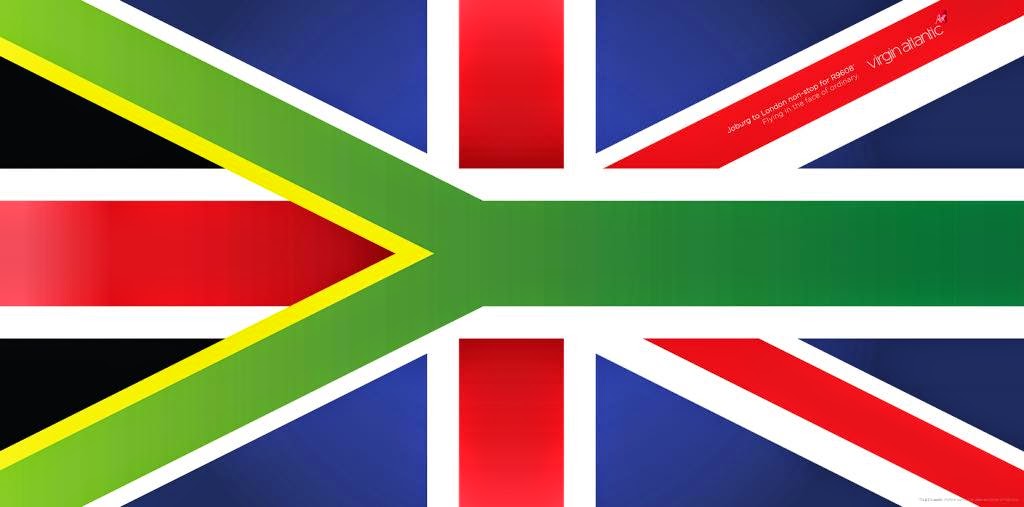
25 March 2008
MIRIAM: CHARTER BANS ARCHIPELAGIC STATE
Sen. Miriam Defensor Santiago, chair of the Senate foreign relations committee, warned that the Constitution has already defined the national territory, and any attempt to declare the Philippines as an archipelagic state under the UN Convention on the Law of the Sea (UNCLOS) would require charter change, because it would reduce the national territory.
“The Constitution states that the national territory comprises the Philippine archipelago, and all other territories over which the Philippines has sovereignty or jurisdiction. The Constitution does not describe the Philippines as an archipelagic state, which is a term of art used by the UN Convention,” she said.
The senator said that if the Philippines declares itself an archipelagic state, the declaration would contradict the Treaty of Paris which sets out the boundaries of our national territory, which are wider than those allowed by the UNCLOS.
Under the 1898 Treaty of Paris, Spain ceded the Philippines to the United States, and now serves as the basis for the present Philippine Baseline Law embodied in R.A. No. 3046, together with R.A. No. 5446.
“The Treaty of Paris sets out the International Treaty Baselines of the Philippine territorial sea. By contrast, the bills pending in Congress will eliminate such limits and thus, the Philippines would lose its boundaries,” she said.
Santiago cautioned against declaring the Philippines as an archipelagic state, because under the UNCLOS, the Philippines would be entitled to only 12 nautical miles of the territorial sea which, she said, is “an almost colossal reduction from the wider boundaries of the International Treaty Limits under the Treaty of Paris.”
“If the Philippines declares itself an archipelagic state, our zone of sovereignty would collapse. Our internal waters would become archipelagic waters where the ships of all states will enjoy the right of innocent passage. In addition, foreign states would have the right of so-called archipelagic sea lane passage. Ships of all states would have the right of passage and their aircraft would have the right of over flight,” the senator said.
Santiago also warned that if the Philippines declares itself an archipelagic state, it would adversely affect the environment, because of marine pollution from ships in the archipelagic waters. The result would be that the Philippines as an archipelagic state would have less enforcement jurisdiction over foreign vessels in matters of pollution, than a non-archipelagic state in its territorial sea.
Santiago said that the question of ownership over the Kalayaan island group, sometimes called the Spratly, is related to the issue of archipelagic base lines.
“If the Philippines declares itself an archipelagic state, then we need scientists to determine if, under international law, Kalayaan by itself constitutes another archipelago. Under UNCLOS, an archipelagic state can be composed of two archipelagos. If not, under international law, Kalayaan could be characterized as ‘other islands’ over which the Philippines is entitled to claim sovereignty,” she said.
Santiago said that the present bills seeking to extend the archipelagic baselines so as to include Scarborough Shoal are not advisable, because it would revise the Treaty of Paris.
“International law does not recognize the drawing of archipelagic baselines as a method of claiming territorial sovereignty,” she said.
Instead, Santiago proposed that the Philippines should claim sovereignty over Scarborough Shoal through the method of effective occupation under international law.
“The Philippines has already exercised many political and administrative acts of a sovereign nature over Scarborough Shoal. Such acts include military exercises, establishment of lighthouse, enforcement of laws against foreign vessels and nationals, which are evidenced by historical data,” the senator said.
Santiago also warned against the wording of the pending bills concerning Sabah.
“In 2001, with Dean Merlin Magallona arguing for the Philippines, the International Court of Justice relied on Philippine law, particularly Republic Act No. 5446, Section 2, which provides that the Philippines has acquired dominion and sovereignty over Sabah, North Borneo and hence, the baselines of the territorial sea include baselines of the territorial sea around Sabah. If the pending bills abolish Sec. 2, the effect is to remove from Philippine law the affirmation of sovereignty over Sabah,” she said.
Santiago was referring to the Case Concerning Sovereignty Over Pulau Ligitan and Pulau Sipadan between Malaysia and Indonesia, where the ICJ ruled that the Philippines will not in any way be affected by its decision on the merits I the case between Malaysia and Indonesia.
Santiago said that under a resolution that she filed, no less than a congressional commission on national territory should be established because the present bills “do not fully appreciate the magnitude and depth of the country’s territorial problems. In fact, the present bills carry the risk of exacerbating the contradictions internal to the territorial regime.”
-End-